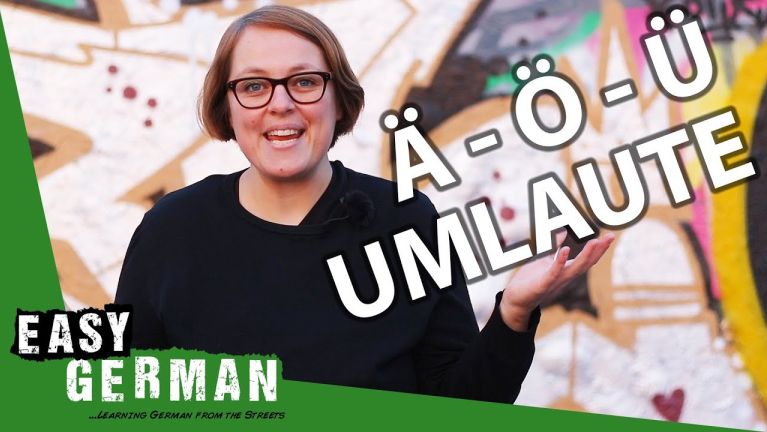The great Deutsch workout
Did you know that you also have to train muscles when you’re learning German? These exercises will make you fit.

Are you learning German and having problems with the correct pronunciation? Rebecca Rashid has some tips for you. She’s been teaching German as a foreign language for 14 years and knows all the tongue twisters: especially the umlauts, the German R and the two different CH sounds, as in 'ich' and 'ach'. “Many people underestimate that they need to train the muscles of their mouth and diaphragm when learning a foreign language. Just like singers," says Rashid.
The paper trick
German is a strongly accentuated language that often sounds hard. This is partly due to the so-called plosive sounds, which are produced by briefly blocking the airflow and then suddenly releasing it again with a ‘plop’ sound. Examples include P, T and K in ‘Post’, ‘Tier’ or ‘Koch’. To practise the pronunciation, the expert advises: “Hold a sheet of paper vertically in front of your mouth and emphasize P, T and K so strongly that the paper actually moves."
Gargling the German R
“Many language students only know the rolled R from their mother language and despair when trying to make the German pharyngeal R." Here’s Rashid's tip: gurgle a sip of water when brushing your teeth. “Then you’ve already found the spot in your throat where the German R originates from. The psychological effect of this method is the realization that I can do it!"
Lip gymnastics for umlauts
Whatever you do, don't underestimate the umlauts Ä, Ö and Ü. The language teacher warns: "The dots above the vowels aren’t ornaments; they’re carriers of meaning." As in “fordern" (to demand) and "fördern” (to promote). But how on earth do you pronounce these strange sounds? With stretching exercises: “To get to the Ü, start with the English sound ‘eee’. Say ‘eee’ out loud very clearly, pulling the corners of your mouth far apart. Continue making this sound and round your lips, pushing them forwards. Now you're already making the German Ü sound."
By the way, Ü as in ‘üben’ (which means to practise)! While you’re at it, you can move on to the Ö sound, which you can develop using the same method starting with the English ‘a’ sound (as in ‘day’).
Dieses YouTube-Video kann in einem neuen Tab abgespielt werden
YouTube öffnenThird party content
We use YouTube to embed content that may collect data about your activity. Please review the details and accept the service to see this content.
Open consent formYou would like to receive regular information about Germany? Subscribe here:

